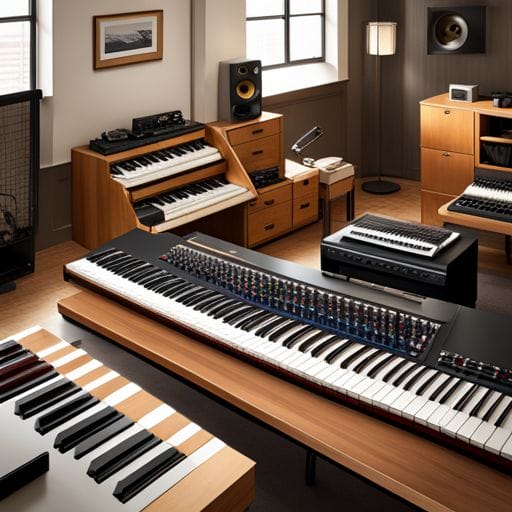Producing Video Game Music: Matching Game Dynamics

How does the process of producing video game music differ from producing music for other forms of media?
Video game music plays a crucial role in creating immersive gameplay experiences. As much as it might seem trivial to some, the best game developers understand the significance of tailoring game music to match game dynamics. Whether it’s a high-adrenaline racing game, a tranquillizing puzzle experience, or a horror-filled adventure, perfect synchronization between the game and its music can make all the difference in the world.
A Quick Overview of Video Game Music Production
Video game music can be broadly categorized into adaptive and linear music. Linear music is similar to what we find in films and is fixed in nature. In contrast, adaptive music reacts to in-game events and changes based on the player’s actions. The production of these two types of music requires different skill sets and approaches.
Matching Music to Game Dynamics
Aligning your music to game dynamics is an art in itself. Here are a few pointers that can guide you along the process:
1. Understanding the Game’s Theme and Atmosphere
Before embarking on music production, you first need to have a comprehensive understanding of the game’s theme and atmosphere. The music of a horror game should evoke feelings of fear and suspense, while a relaxed, puzzle-solving game might require soothing and calm music.
2. Reflecting the Action
Music should be able to reflect what’s happening on the screen. For instance, the intensity of the music can amplify during a fight scene, contributing to the overall tension. Furthermore, different locations or levels should have unique music to create a distinct experience for each.
3. Accommodating Gameplay Progression
Music can also aid in the storytelling process. As the player progresses through the story, the music can change to match the narrative’s emotional trajectory. For example, victorious music can highlight the player’s achievement of crucial milestones or overcoming major game challenges.
The Importance of Music in Immersive Gameplay
Music and sound effects greatly contribute to an immersive gameplay experience. They establish the mood, signal upcoming dangers, provide auditory feedback to player actions, and play a significant role in world-building. By matching the dynamics of gameplay, music can enhance the emotional impact and the overall player experience. Therefore, the role of a video game music producer extends far beyond creating tunes—it’s about crafting an integral part of the player’s journey.
Conclusion
Creating the ideal music for video games is a challenging yet rewarding endeavor. By aligning the music with game dynamics, developers can create a compelling, immersive, and emotionally engaging gaming experience. As such, video game music production is a skill that deserves recognition and appreciation in the broader world of game development.
